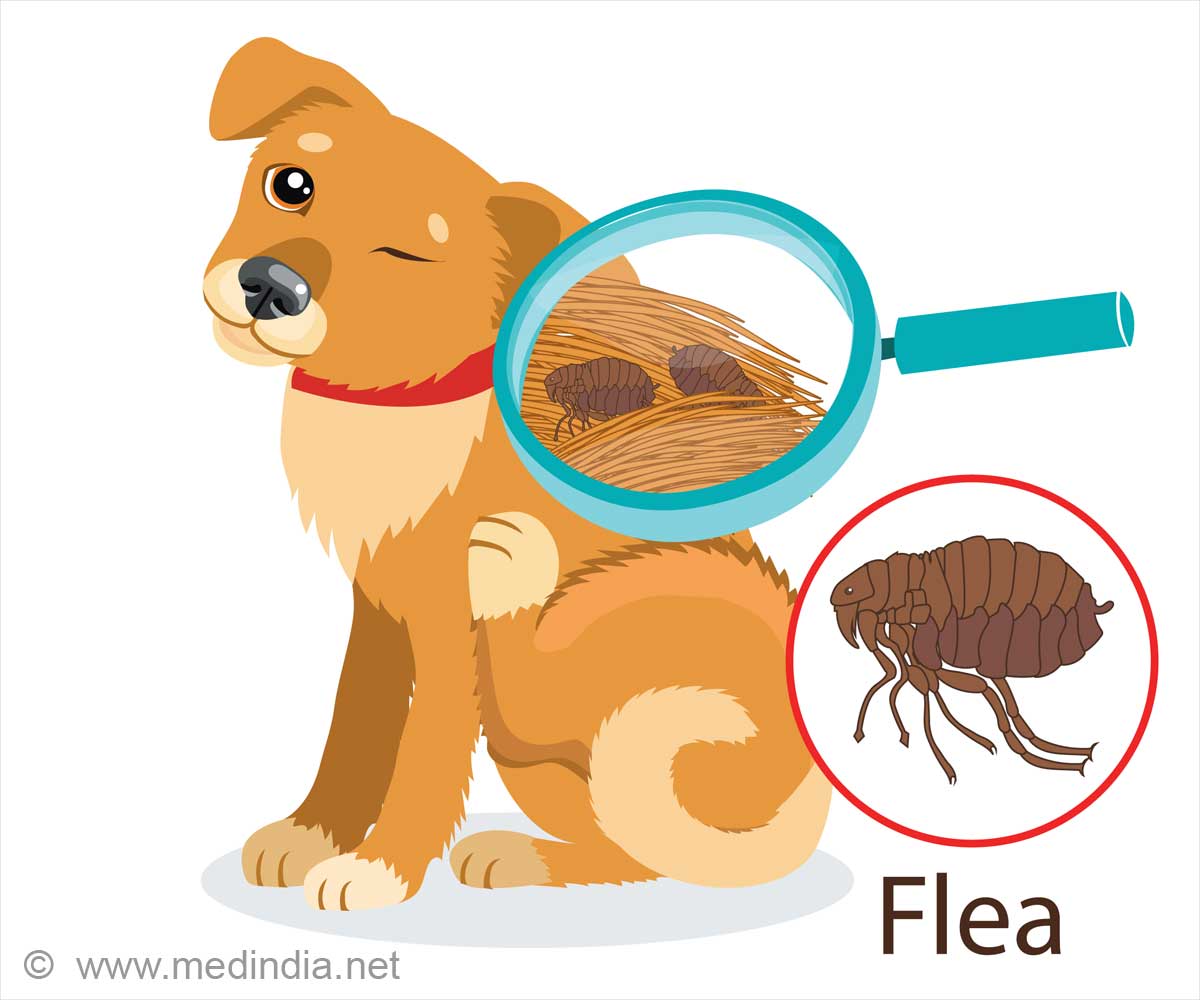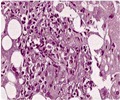Learn about murine typhus, a flea-borne disease, its symptoms, treatment, and prevention tips to stay safe during travel.

- Kerala’s first case of Murine typhus, was reported
- Murine typhus is a rare bacterial infection caused due to flea bites
- Jail fever is a tropical and subtropical disease caused due to bacterium Rickettsia typhi
The doctors tested for rat induced and flea-borne diseases. Results were inconclusive but they found that the patient’s liver and kidney functions were affected.
With the patient’s travel history the doctors suspected Murine typhus which would be the first case reported in Kerala.
Murine typhus, a rare flea borne disease is caused due to Rickettsia typhi. It is a zoonotic infection which spreads from animals to humans. #murinetyphus #jailfever #medindia’
What Causes Murine Typhus?
Murine typhus is caused by gram negative bacterium Rickettsia typhi. It is a zoonotic infection which transmits from animals to humans through flea bites.Fleas are blood sucking insects which feed on blood from cats, rats and mongoose. These animals act as reservoir of diseases.
Once the fleas feed on the infected animal, it remains infected for its lifetime. It does not transmit from person to person.
Fleas defecate while feeding, they are called flea dirt. These flea dirt contains bacteria, which comes in contact with open wounds from flea bite and it initiates the disease process.
Signs and Symptoms of Jail Fever
Symptoms of Murine typhus start within 3 to 14 days after exposure to flea dirts or infected flea bites. The most common symptoms are (1✔ ✔Trusted SourceAbout Murine Typhus
Go to source).
- Fever and chills
- Body and muscle pain
- Headache
- Loss of appetite
- Nausea
- Vomiting
- Stomach pain
- Cough
- Rash (begin around 5th day, rarely seen)
Treatment of Murine Typhus
The most common treatment for murine typhus is doxycycline which can be used to treat all age groups. Antibiotics are effective when administered early and it helps in quick recovery (2✔ ✔Trusted SourceClinical Overview of Murine Typhus
Go to source).
Murine typhus or jail fever is a self limiting disease, treating it with antibiotics shortens the illness duration. If not treated the symptoms may persist for 2-3 weeks and it can be fatal in rare cases.
How Can We Prevent Murine Typhus Infection?
- No vaccine is available for murine typhus infection
- Avoid contact with fleas and keep pets flea free
- Close holes or any small opening through which rodents can enter
- Avoid interaction with stray animals and rodents
- Wear gloves while handling sick or injured animals
References:
- About Murine Typhus - (https://www.cdc.gov/typhus/about/murine.html)
- Clinical Overview of Murine Typhus - (https://www.cdc.gov/typhus/hcp/clinical-overview/clinical-overview-of-murine-typhus.html)
Source-Medindia












